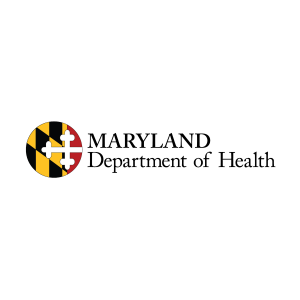Don’t take in wild animals!
The Maryland Department of Health says getting friendly with wildlife can expose you to rabies.

Baltimore, MD (NS) Making contact with wildlife, and especially bringing them into your home, is problematic for both you and the animal.
Dr. Kimberly Mitchell, Chief of Rabies and Vector-Bourne Diseases for the Maryland Department of Health (MDH), says, “There were recently a few situations, in which a well intentioned resident took an animal into their home and it posed a serious risk. Not only of rabies, but also sometimes of other zoonotic diseases like Raccoon Roundworm.”
Instances of residents attempting to care for or possess wild animals is recurringly common is spring and summer months. In Maryland, it is illegal for residents to possess certain wild animals such as deer, raccoons and foxes.
MDH Deputy Secretary for Public Health Dr. Jinlene Chan says, “Any wild animal, especially young wildlife, should be left alone in their natural environment. It is safe to observe wildlife from a distance, but do not attempt to feed, pet or rescue any wild animal.”
It is not uncommon in the wild for a mother to leave its young to go and look for food for an extended period of time.
If you do encounter a sick, injured or nuisance wild animal, you should:
- Maintain a safe distance and do not attempt to touch, pet or feed the animal
- Do not “rescue” or relocate wildlife
- Contact a licensed professional to handle the situation and report the instance to the Maryland Department of Natural Resources /U.S. Department of Agriculture wildlife hotline at 1-877-463-6497.
As of July 19, 82 animals have been diagnosed with rabies this year in Maryland, including raccoons, bats, and foxes. All mammals are susceptible to rabies.
By Nate Saunders